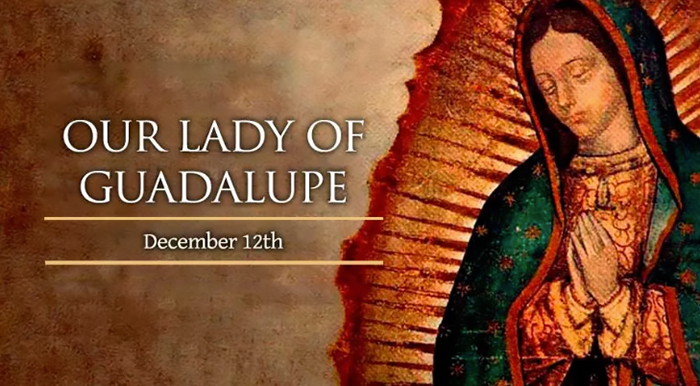
Fr. Ron Rolheiser writes that there is an axiom that says Roman Catholics tend to adore Mary while Protestants and Evangelicals tend to ignore Mary. Neither is ideal. Mary, the Mother of Jesus, has, in effect, two histories within Christian tradition. We have the Mary of Scripture and the Mary of Devotions, and both offer something special for our Christian journey. The Mary of Devotions is the mother of the Poor. Karl Rahner once pointed out that when you look at all the apparitions of Mary that the church has officially approved, you will notice that she has always appeared to be a poor person – a child, an illiterate peasant, a group of children, someone without social standing. She’s never appeared to a theologian in his study, a pope, or a millionaire banker. She’s always been the person to whom the poor look. Marian devotion is a mysticism of the poor. We see this, for example, very powerfully in the effect that Our Lady of Guadalupe has had on much of Latin America. In all of the Americas, most of the indigenous peoples are now Christian. However, in North America, while most of the indigenous peoples are Christian, Christianity itself is not seen as a native religion but rather as a religion brought to the native peoples from elsewhere. In Latin America, in every place where Our Lady of Guadalupe is popular, Christianity is seen to be a native religion. The Mary of Devotions is often so enshrined in piety, over-simplicity, and asexuality that she needs to be protected from human complexity. Still, the Mary of Devotions offers us a lot vis-à-vis our spiritual journey. The Mary of Scripture is presented as a model of discipleship. She’s the first to hear the word of God and keep it. As the New Eve, she is seen as the universal mother, and as our mother, she stands in helplessness under human pain and within human pain when she stands under the cross. In this, she shows herself as the universal mother but also as an example of how injustice must be handled, namely, by standing within it in a way that does not replicate its hatred and violence so as to give it back in kind. Mary offers us an excellent example of not being adored or ignored.
